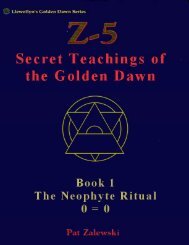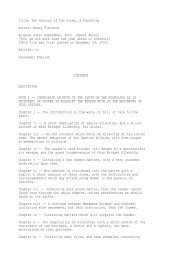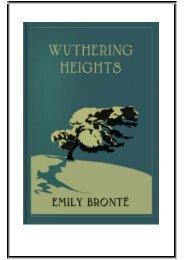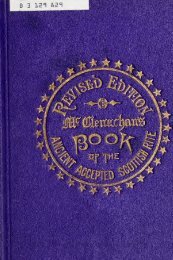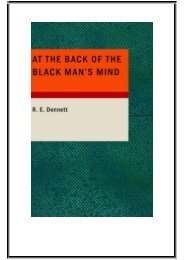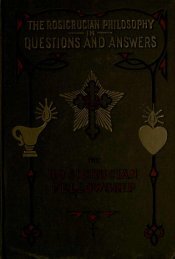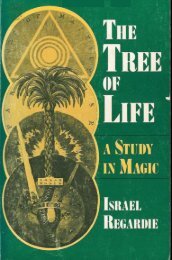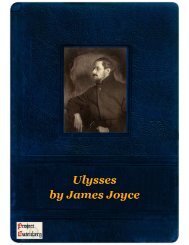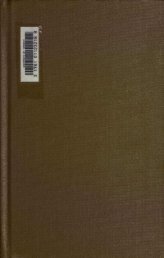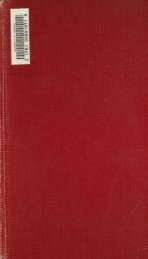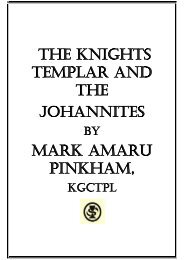download PDF version: 47.1MB - Global Grey
download PDF version: 47.1MB - Global Grey
download PDF version: 47.1MB - Global Grey
You also want an ePaper? Increase the reach of your titles
YUMPU automatically turns print PDFs into web optimized ePapers that Google loves.
FRANCIS BACON'S CRYPTIC RHYMES 147<br />
Perfidious or Neglecting Friends." But the Latin ver<br />
sion it is that emphasises the thought which Bacon had<br />
"<br />
in his mind :<br />
Magnus Dux Florentiae Cosmus, acutissimum<br />
telumvibravit in Amicos perfidos, aut incuriosos "<br />
(The great Cosimo, Duke of Florence, hurled (shook) a<br />
very sharp spear (dart) at faithless or neglectful friends).<br />
The next Essay, also new in 1625, is of the greatest<br />
importance in many respects. In it Bacon uses Latin<br />
quotations more freely and more boldly than any<br />
where else. He changes the plain prose of an old<br />
Roman into profusely rhymed modern Latin verse.<br />
He also points in direct words to what he has done.<br />
And he writes vexing-rhymes and draws attention to<br />
them. And the facts which those vexing-rhymes<br />
reveal to us, constitute one of his chief confessions.<br />
And how does all this come about ? First, let us see<br />
what the Essay says. It begins with the following words<br />
Of Adversitie.<br />
IT was a high speech of Seneca, (after the manner of the<br />
Stoickes) That the good things, which belong to Prosperity,<br />
are to be wished ;<br />
but the good things, that belong to Adversity,<br />
are to be admired. Bona Rerum Secundarum, Optabilia;<br />
Adversarum, Mirabilia. Certainly if Miracles, be the Com<br />
mand over Nature, they appeare most in Adversity. It is yet<br />
a higher speech of his, then the other, (much too high for a<br />
Heathen)<br />
It is true greatnesse, to have in one, the Frailty of<br />
a Man, and the Security of a God. Vere magnum, habere<br />
Fragilitatem Hominis, Securitatem Dei. This would have done<br />
better in Poesy where Transcendences<br />
;<br />
are more allowed.<br />
The above sentences clearly contain two quotations<br />
from Seneca, both of which are treated alike in that<br />
the English rendering precedes the Latin words them<br />
selves. The Latin words, did we say<br />
? Are those<br />
really Seneca's words ?



